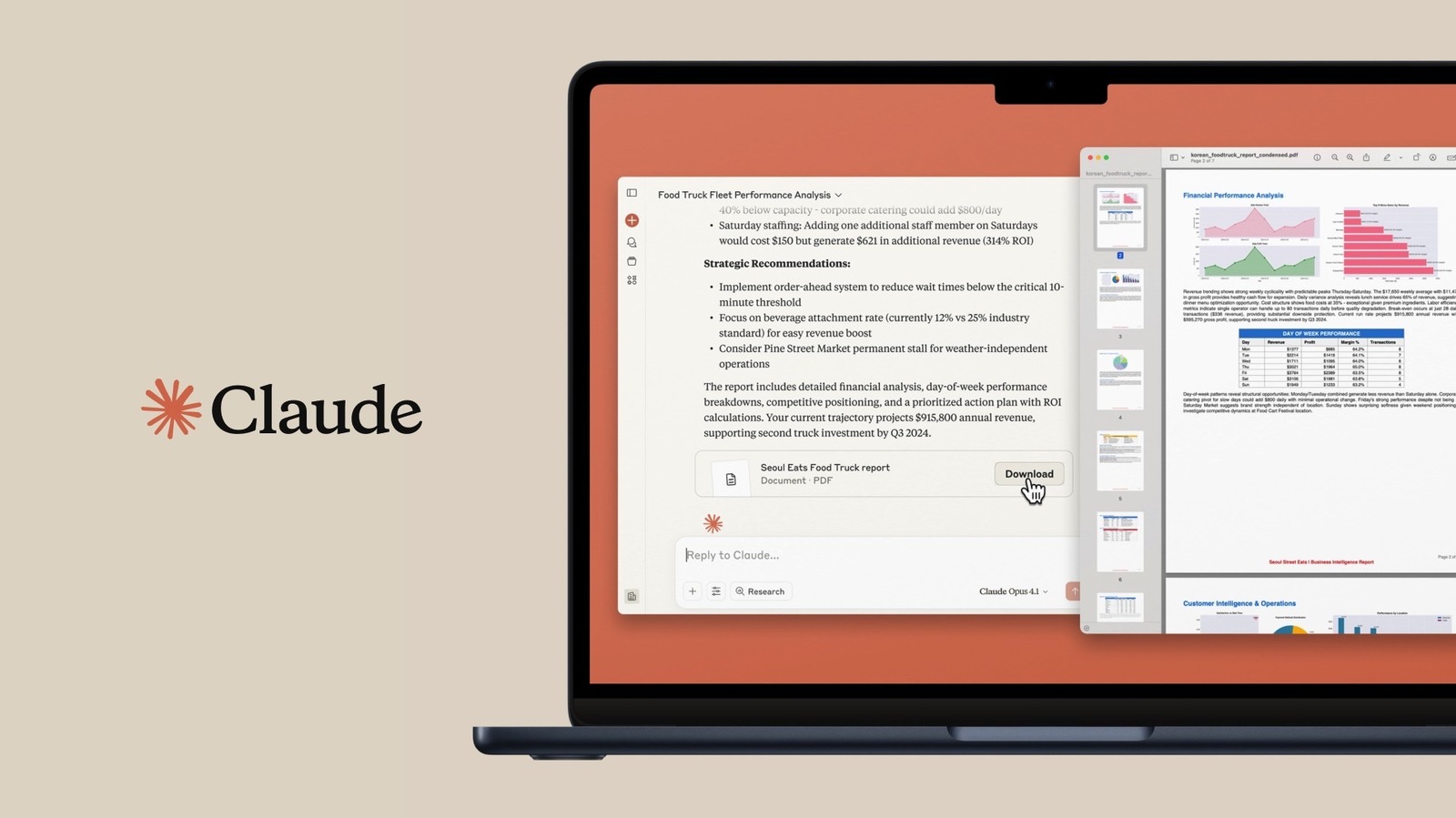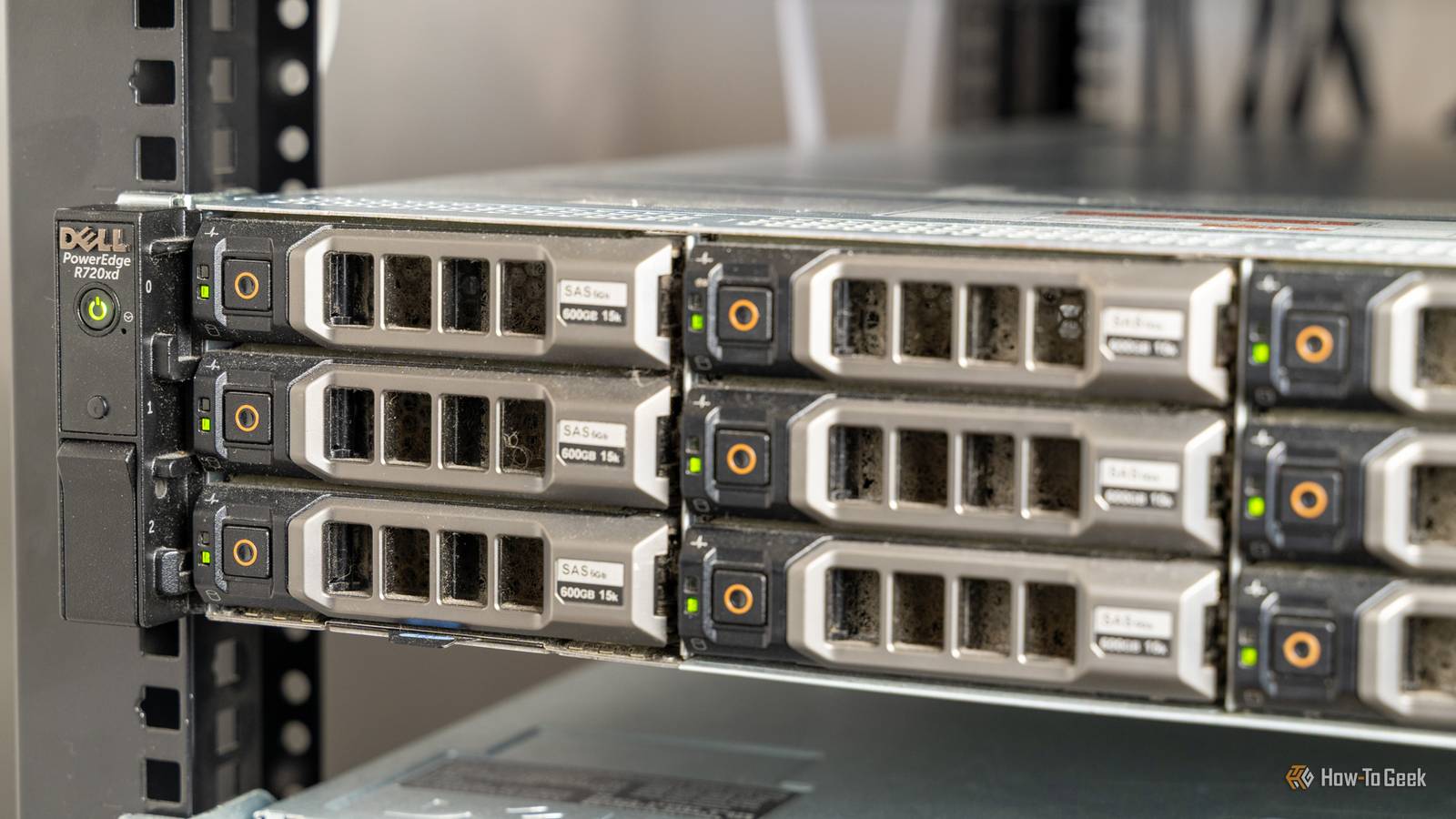Summary
- Signal adds end-to-end, zero-knowledge backups protected by a 64-character recovery key you alone must keep.
- Free tier backs up full message history and 45 days of media; $1.99/mo unlocks unlimited media, daily auto-backups.
- Android beta first, then stable/iOS/desktop; backups omit view-once and deleted messages and refresh every 24 hours.
Signal has managed to position itself as a strong competitor to WhatsApp and similar apps, but it lacks one very important thing—cloud backups. Now, we have them, though they work a bit differently from how backups work in other apps.
Signal has finally announced that it will add a secure, end-to-end encrypted backup system to its app. For years, a significant drawback of the service was that losing or damaging a phone meant the permanent loss of all message history. This will solve that problem. According to Signal, its backup system relies on a “zero-knowledge” architecture. This means that Signal itself has no access to the contents of the backups—the security of the system hinges on a 64-character recovery key that is generated and stored exclusively on the user’s device. This key is the only way to decrypt and restore a backup archive.
Signal has made it clear that it never sees this key and cannot help a user recover it if it is lost. The responsibility falls entirely on the user to store the key securely, for example, by writing it down or saving it in a trusted password manager. Losing the key renders the backup permanently inaccessible.
It works differently to apps like WhatsApp in other ways, too. Signal is introducing two options for those who choose to enable the feature. A free tier will automatically back up a user’s complete text message history along with the last 45 days of media files, such as images and videos. For those who want to preserve their entire media history beyond the 45-day window, a paid subscription plan is available for $1.99 per month. It’s paid, but it will let you keep everything. Once activated, the backup process runs automatically on your phone, creating a fresh archive every 24 hours that replaces the previous day’s file. This daily refresh also does a pretty good job at respecting your privacy settings; any messages manually deleted or set to disappear within the next 24 hours are removed from the subsequent backup. View-once messages are also not included in any backup.
Right now, this is only being launched for the Android beta version, but it will eventually be rolled out not only for the stable version of the app, but also for the iOS and desktop versions. If it’s implemented right, it could be really good, though the fact that backups are very limited unless you pay real money might be a turn-off for some people. If you’re going to move phones and you want to move over all your media history, you can switch to the paid version, migrate, and unsubscribe—that way you can pay those $2 as a one-time payment rather than paying $2 a month. $2 is not a lot, but it can be a hard sell if you’re already paying for a lot of other services.
Source: Signal









